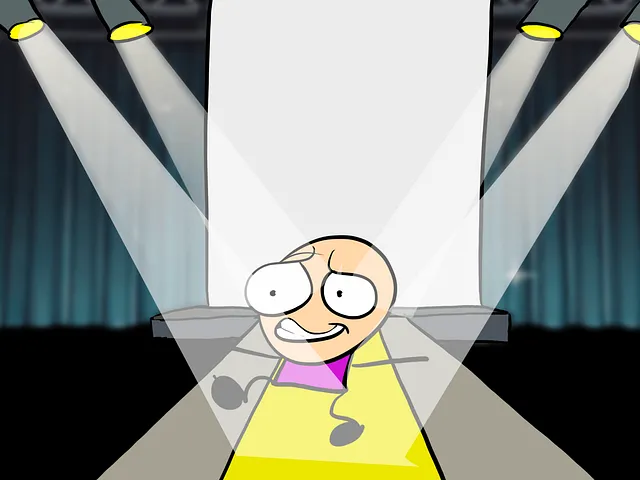“Why Embracing Flawed Writing Could Unlock Your Most Authentic Voice”
Have you ever found yourself wandering into a door frame or having an awkward sidestep dance with a stranger on the sidewalk? Yeah, me too! In fact, after spending what feels like over 20,000 hours just walking, you’d think I’d have it nailed down by now. Spoiler alert: I don’t. In our fast-paced society, we often equate proficiency with practice, holding onto the myth that “practice makes perfect.” But let’s face it, perfection is pretty dull. This article dives into the empowering truth about our beautifully imperfect selves and how embracing our quirks can liberate us from the relentless pursuit of unattainable mastery. So, join me on this whimsical journey, and together, let’s celebrate the delightful chaos of being gloriously human. LEARN MORE.

Oh So Clear
Because perfection is boring
I’ve probably spent well over 20,000 hours in my life walking, but that doesn’t mean I can do it well. I still bump into door frames as if they were magnetically attracted to my shoulders, I still walk into spiderwebs as if I was auditioning for a horror movie, and at least once a month I still do that awkward sidewalk shuffle with strangers where we both go the same way — again and again.
So if I were to catwalk down a haute couture fashion runway, people wouldn’t applaud. No one would say, “Wow, that guy has clearly been walking for years! Look at that strut — it’s as if a flamingo and a peacock had a love child and raised him on a diet of sass and swagger.” No. They’d just think, “Is this his first time using his legs?!”
And if at that moment a coach were to whisper into my ear “Focus on quality! Try to make each step perfect!”, I would just stumble over my own feet like a giraffe tangled in string. The harder I’d try, the more awkward I’d become.
The truth is most of us are gloriously, spectacularly imperfect, no matter how hard we try. And thank goodness for that!
The myth of mastery
In our achievement-driven culture, we’ve been conditioned to believe that practice makes perfect. We’re told that if we just put in enough hours, if we just try hard enough, we’ll become masters of our craft. But this is a dangerous half-truth. The reality is far more nuanced: just because you’ve practiced something for a long time, doesn’t mean you’ll be any good at it. And just because you try your best, doesn’t mean you’ll do it well.
Malcolm Gladwell’s famous 10,000-hour rule is not a magic formula for expertise. It’s a mere participation trophy for persistent mediocrity. I’ve spent 10,000 hours doing plenty of things — scrolling through social media, burning toast, having awkward conversations — and I’m not exactly a world-class expert in any of them.
But this truth isn’t a reason to give up. Quite the contrary. It’s liberation.



















